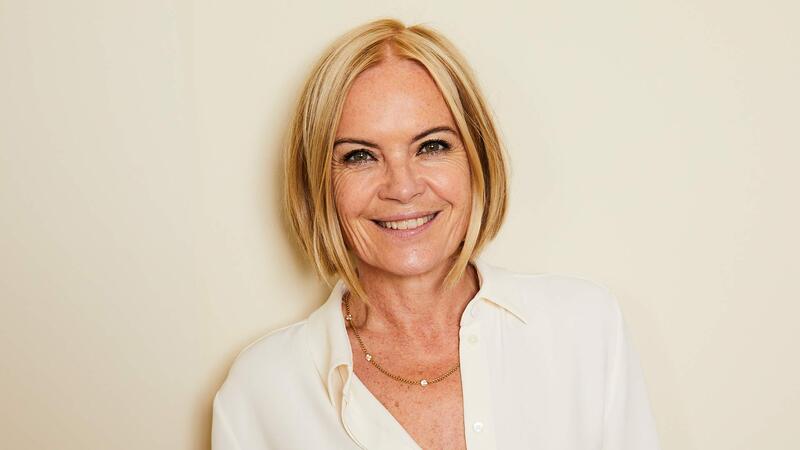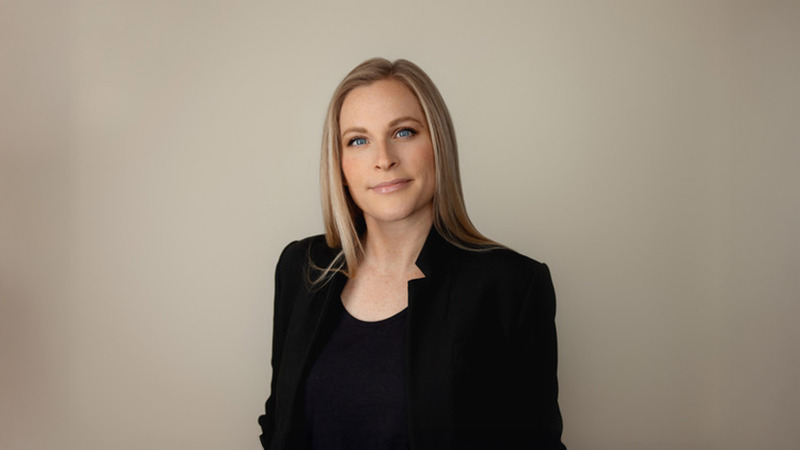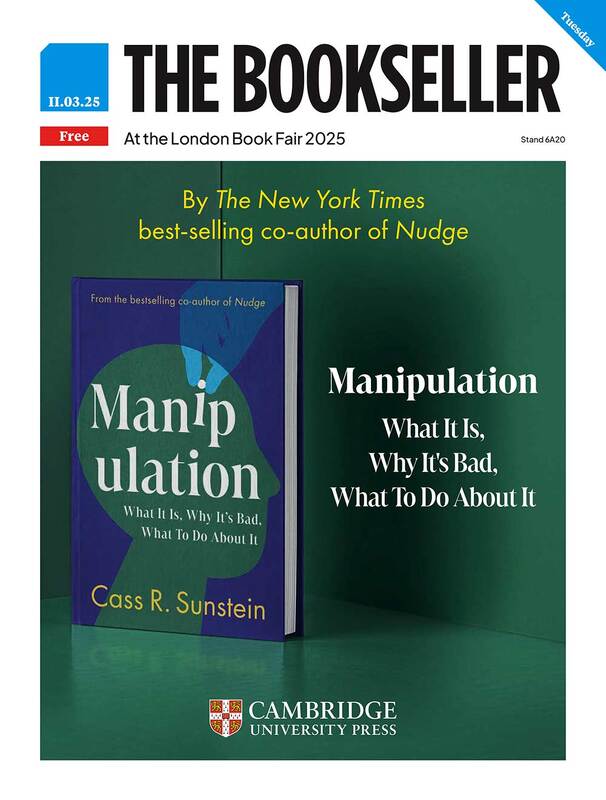You are viewing your 1 free article this month. Login to read more articles.
Industry leaders look at what lies ahead in 2021
Senior figures in the trade have said support for bookshops is a high priority in the coming year, while promising further steps to improve diversity across the industry.
The Bookseller asked a host of industry figures, including chief executives of publishing houses, retailers and trade associations, to offer their insight on what the next 12 months holds in store following a tumultuous 2020.
One thing that united nearly all of them was a concern for high street bookshops as the impact of coronavirus continues to bite and Brexit's economic effects start to be felt.
Hachette UK c.e.o. David Shelley said: “I believe we will also start to see the economic aftershock of Covid-19, both in terms of consumer spending and the retail landscape, and it will become ever more incumbent on us, as an industry, to support smaller and high street retailers in order to sustain our ecosystem. Brexit will undoubtedly cause disruption (and it already is), adding to freight costs, lengthening lead times for colour titles and creating more red tape for us all to deal with.”
Ian Chapman, Simon & Schuster UK and International c.e.o., agreed, saying: “The onus is on us, as publishers, to continue to do all that we can to support the high street booksellers throughout 2021. The browsing experience is so fundamental to the book discovery process and, given that our ultimate aim is to get books into the hands of readers, we need to show them every ounce of support.”
Meryl Halls. m.d. of the Booksellers Association, admitted there were challenges ahead and we could see a very different high street emerge. She said: “We will see big retail casualties continue, which may well open up opportunities for specialist retailers, so bookshops might be able to carve out a stronger niche in their heartlands, possibly even opening in more mainstream locations. There will be bookshop closures, but there will also be new entrants to bookselling, as we saw in 2020.”
Another key concern for industry leaders is making the trade more reflective of society, an issue that gained renewed focus following the Black Lives Matter protests of 2020.
Dialogue Books publisher Sharmaine Lovegrove, who co-founded the Black Writers' Guild, said: “I am excited that we will see more Black writers and look forward to a time when in non-fiction Black people won’t be called upon to explain the issues, and will be commissioned to write on myriad topics beyond race. I also hope 2021 is a year that we finally see companies become more diverse in senior roles. I would love to see (at least) another Black person named as publisher of an imprint or heading a function.”
"I hope that inclusivity continues to be front of mind for our industry," Penguin Random House c.e.o. Tom Weldon said. “ We must continue to inject energy and urgency and, at Penguin Random House, we will continue to focus on our accelerated inclusivity action plan. Similarly, 2020 underlined the need for business to step up as a force for good in society. Public/private partnerships will become more important as we look to find ways to address the widening inequality gap.”
Anthony Forbes Watson, m.d. of Pan Macmillan, added: “The explosion in awareness in 2020 of the lack of diversity in our community, our publishing and our audiences, in respect to people of colour, will be embedded in new processes across our industry to deliver on the commitments we have made. Linked to this and to the wider turbulence around us, we will prioritise outreach to new audiences as a key route to continued growth.”
Isobel Dixon, president of the Association of Authors' Agents, said: “I’m keen to see what the trade has learned from last year’s shake-up on so many levels, especially around Black Lives Matter and a sharper awareness of the need for diversity in acquisition and employment—and how that is sustained in publishing this year.”
Amid the concerns, there was also optimism about the industry's future, with hopes lockdown's effect on book-buying can be maintained.
Charlie Redmayne, c.e.o. of HarperCollins UK, said: “When we finally come out of this I would expect to see a spending surge—the furlough scheme has kept many in jobs and with the restrictions, spending has been curtailed. In the short term this will give a significant boost to our economy and help start the recovery of many hard-hit businesses. In the longer term, there will have to be much higher levels of taxation to pay for this.”
Bonnier Books c.e.o. Perminder Mann added: “I think we have to approach the new year with optimism. We’re all eager to see an effective vaccination programme reduce the need for lockdowns and severe restrictions; fuelling a steady and sustainable economic recovery. I’m hopeful that, as confidence returns, we’ll see a surge in footfall to our high streets and bookshops. The intense pressure they have come under due to coronavirus has been heartbreaking to see, especially given their creativity and resourcefulness in recent years and the vital role they play in helping readers to discover new, and often underrepresented voices.”















